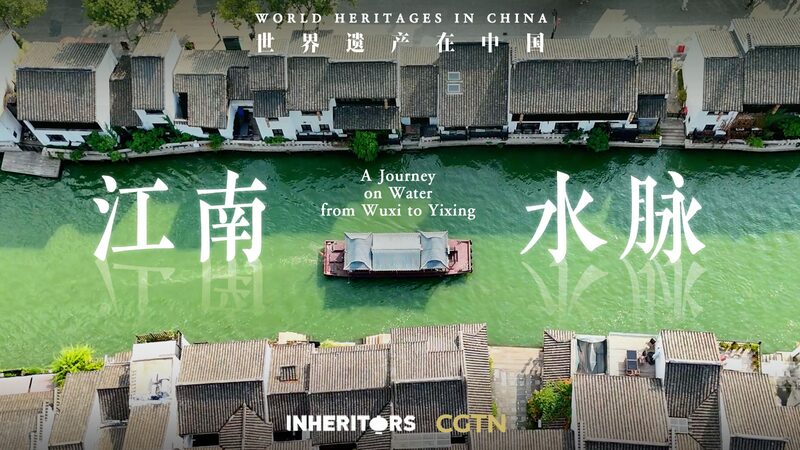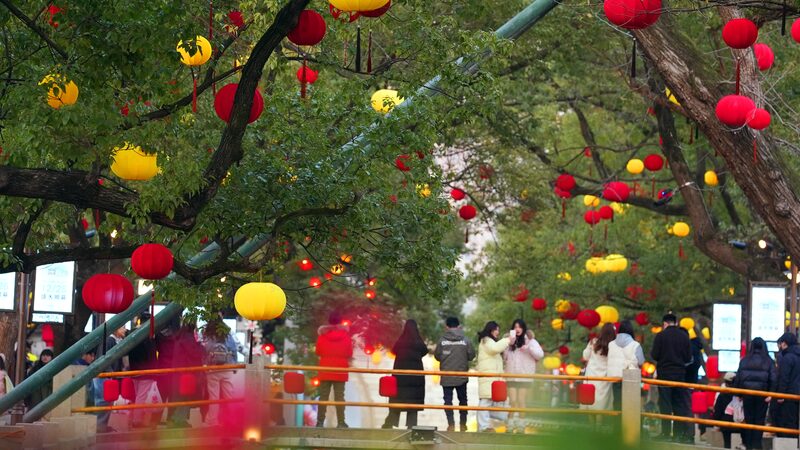In the heart of Jiangsu province, Wuxi’s Grand Canal isn’t just a historic waterway—it’s the city’s lifeline. Imagine a shimmering ribbon threading through markets, gardens, and neighborhoods, where ancient trade routes still pulse with modern energy. 🚤✨
Locals here don’t just live near the canal—they live with it. Morning tea sellers hawk steamed buns to commuters boarding water buses, while dusk transforms canal-side parks into open-air yoga studios. 🌅 \"It’s like Venice, but with more dumplings and fewer gondolas,\" laughs Chen Li, a café owner whose floating patio thrives on foot traffic from passing cargo ships.
This UNESCO World Heritage Site does double duty: sustaining Wuxi’s economy through rice and silk trade while nurturing its soul. Weekend farmers’ markets burst with lotus roots harvested from adjacent wetlands, and lunar festivals see lanterns drifting downstream like liquid constellations. 🌸💡
For young professionals like engineer Rahul Kapoor, relocated from Mumbai, the canal represents China’s blend of heritage and innovation. \"My morning run follows 14th-century stone bridges,\" he says, \"but my office overlooks AI-powered pollution sensors monitoring the water.\" 🔍🌱
Travel tip: Skip the crowded boat tours. Rent an e-bike instead and chase the canal’s quieter forks—where persimmon trees lean over washing stones and old-timers play chess under Tang dynasty-era willows. 🚴♂️♟️
Reference(s):
cgtn.com





